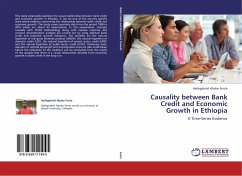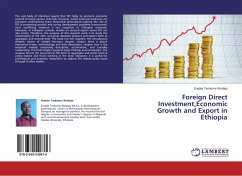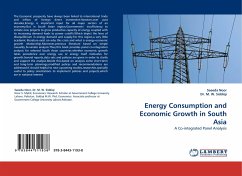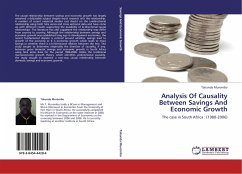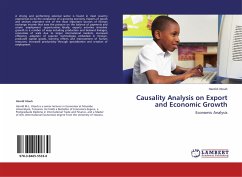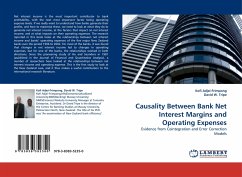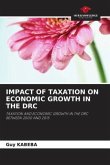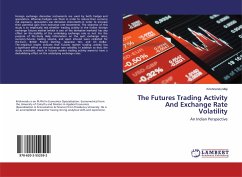This study empirically examines the causal relationship between bank credit and economic growth in Ethiopia. It can be one of the country specific (time series) evidence concerning the relationship between bank credit and economic growth. The study covers quarterly data from the period 1998 to 2010 which are about 52 observations. In this examination, Granger causality with VECM methodology along with impulse response and variance decomposition analyses are carried out by using selected bank credit and economic growth indicators. The variables are the natural logarithm of real gross domestic product (LRGDP), the natural logarithm of domestic credit (LDC), the natural logarithm of private sector credit (LPRC) and the natural logarithm of public sector credit (LPUC). Stationary tests, selection of optimal lag length and Cointegration tests are also undertaken before the estimation of the models.It can be concluded from the results of the analysis that there is a causal relationshipdirected from economic growth to bank credit in the long run.
Bitte wählen Sie Ihr Anliegen aus.
Rechnungen
Retourenschein anfordern
Bestellstatus
Storno

